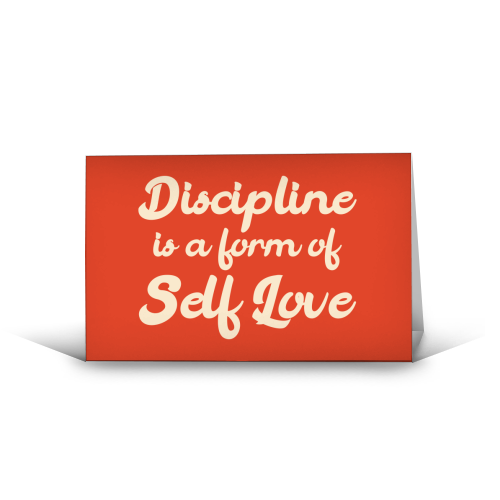I have been told often that “Expectation is the root of all Disappointment”. Does that mean I need to lower my expectations? Perhaps…., but don’t confuse expectations with standards. You can adjust your expectations without lowering your standards for a specific outcome. It might be a different path, but it does not have to compromise your final product.
Disappointment is part of the human experience. Whether it stems from a missed opportunity, a stalled goal, or an unexpected setback, it can shake your confidence and blur your focus. And yet, some of the most powerful breakthroughs in life and health come after a setback — not in spite of it, but because of how we respond to it. The idea of Motivate with Mel was born out of an incredibly disappointing experience in my life. It is difficult to even write about it. And this period of time has been riddled with disappointments and setbacks that I have had to lean into every step of the way. But let me tell you this…. there have been more blessings than I can count that have provided motivation and endurance. Nonetheless, in the moments of disappointment, I have had to create a system for my own hope and belief that I am on the right track.
So how does one move through disappointment without losing motivation? I have found the following to be helpful for me in my own process and for my clients as well.
1. Pause and Feel It
The first step is simple but often skipped: acknowledge how you feel. Disappointment can carry shame, frustration, sadness, or even anger. You might feel tempted to minimize it (“It’s not a big deal”) or push it aside (“move on!!”), but true motivation grows from honesty. Give yourself space to grieve what didn’t go as planned.
Try this: Journal for 5 minutes on the question, “What did I hope would happen, and what actually happened?”
2. Name the Narrative
Our brains love to make meaning out of things. If you’ve ever thought, “I always mess things up,” or “This proves I’m not cut out for this,” you’ve experienced a common cognitive distortion. Disappointment often triggers old stories. Becoming aware of these patterns helps loosen their grip.
Reframe it:
Instead of: “I failed.” or “this is it for me”
Try: “That did not go as I hoped — but it’s not the end of this story.”
3. Reconnect to Your Why
Disappointment can cloud your sense of purpose. That’s why it’s essential to revisit what originally motivated you. Your why — whether it’s building strength, feeling grounded, improving your health, or living with more intention — is your North Star.
Ask yourself:
“What originally inspired this goal?”
“What matters to me beyond this moment?”
4. Refocus on Process Over Outcome
When progress stalls, shift your focus from what you didn’t achieve to how you are showing up. Progress isn’t always linear, and your habits, intentions, and efforts still matter.
Use a process-based mantra:
“I focus on progress, not perfection.”
“I show up for myself daily — even when it’s hard.”
5. Build Forward Momentum in a State of Gratitude
The antidote for disappointment is gratitude. Name something in the process of disappointment you are grateful for and why. The antidote to stagnation is action — not frantic effort, but small, aligned steps. Ask: What is one doable thing I can do today that moves me closer to where I want to be? Disappointment can slows us down, but it doesn’t have to stop us.
Examples of momentum steps:
- Revisit your plan and adjust it for your current energy.
- Reach out to someone for accountability.
- Try something new — even a micro-shift — to reignite curiosity.
Final Thought: Disappointment Doesn’t Mean You’re Off Track
It may actually mean you care deeply. Use it as a checkpoint to remember what is really important to you. You’re not broken — you’re becoming. Let this moment refine you, not define you.




